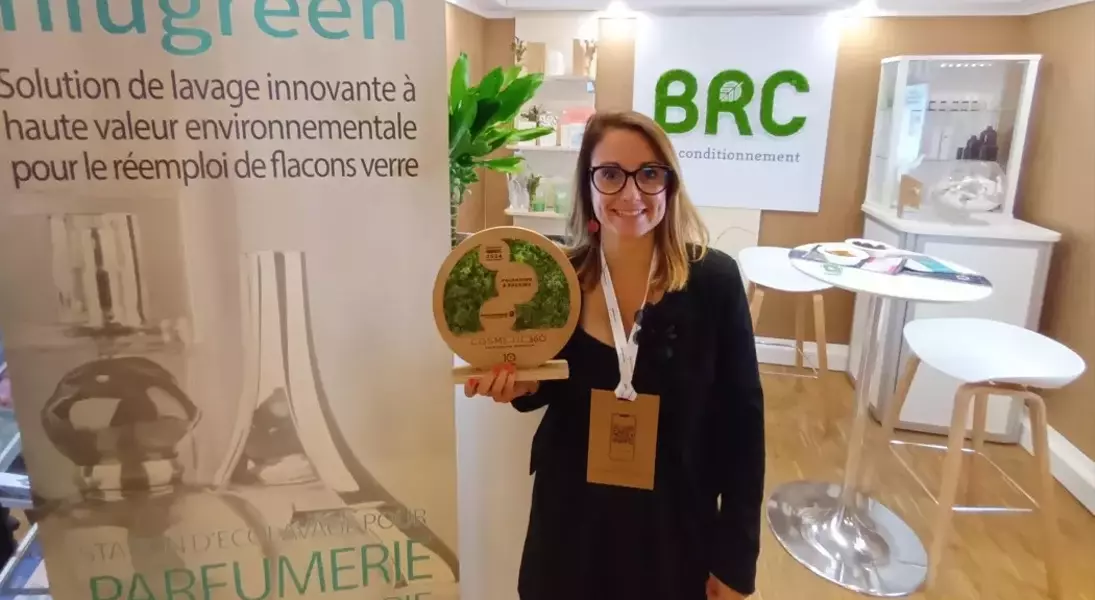
Marie Devaux, the visionary leader of BRC, is spearheading a transformative initiative to revolutionize packaging sustainability. Her company has been at the forefront of developing innovative refill solutions for various products. Now, with the launch of the Niugreen project, they are focusing on reusing glass bottles that contain alcohol-based cosmetics like essential oils and perfumes. This new venture aims to significantly reduce the environmental footprint associated with these products.
The cornerstone of the Niugreen project is an advanced cleaning technology that avoids the use of water, addressing both ethical concerns and practical challenges. In collaboration with École des Mines d’Albi, BRC has adopted supercritical CO2 technology. This method involves introducing gas into the bottle, which effectively absorbs physical particles and odor molecules. The patented diffusion process cleans approximately 4,000 bottles per hour without the need for water. Additionally, the exterior of the bottles is cleaned using cryogenic CO2, a technique similar to sandblasting but completely safe for the glass. The entire system ensures thorough cleaning while maintaining environmental integrity.
BRC's approach goes beyond conventional recycling methods. By utilizing CO2 derived from organic waste methanization, the company not only repurposes waste but also recirculates 92% of the CO2 within the cleaning process. This closed-loop system minimizes emissions and enhances sustainability. Compared to traditional recycling, this method reduces CO2 emissions by 72% for a 150 ml glass bottle. Moreover, it eliminates aesthetic issues often associated with recycled glass. Brands seeking to meet regulatory requirements for packaging recovery and reuse will find this solution particularly appealing.
The Niugreen project represents a significant step forward in sustainable practices. It establishes a virtuous cycle where bottles are collected from distribution networks, sorted, and prepared for reuse by workers with disabilities, ensuring social responsibility alongside environmental benefits. As the project moves from testing to full-scale production, set to begin in September 2026 in Tarn, France, it promises to set a new standard for eco-friendly packaging solutions. This initiative underscores the commitment to creating a greener future through innovation and responsible business practices.
